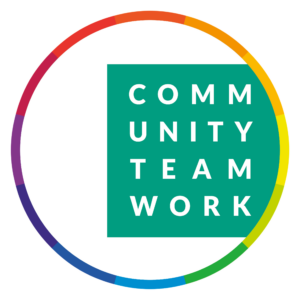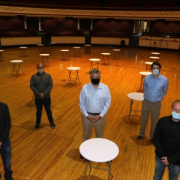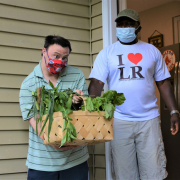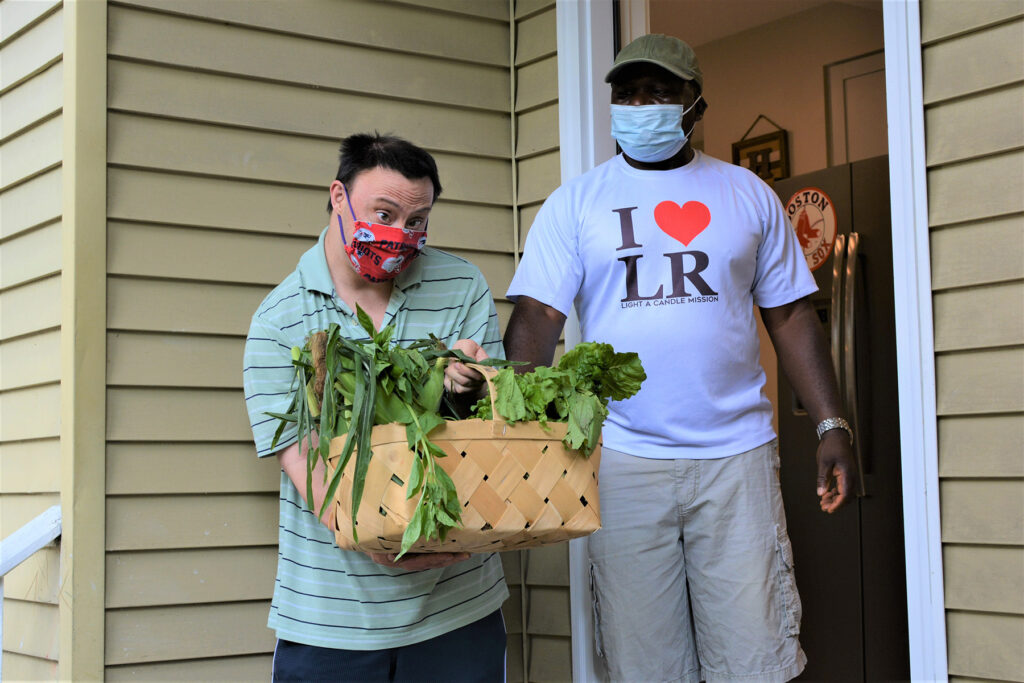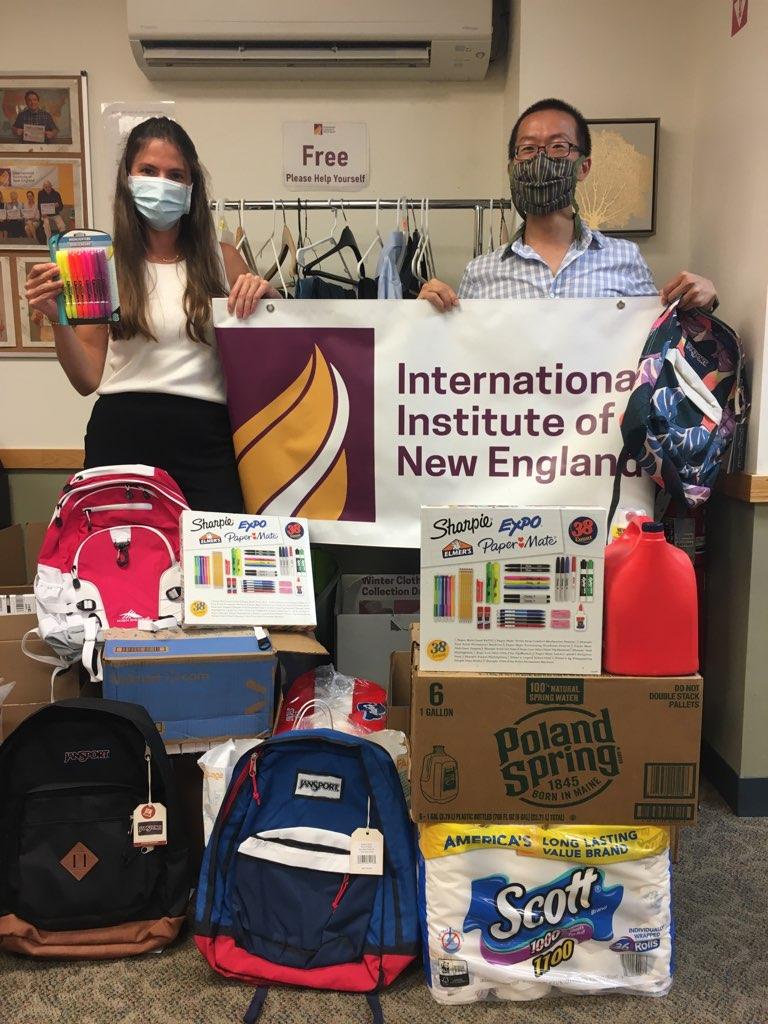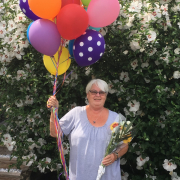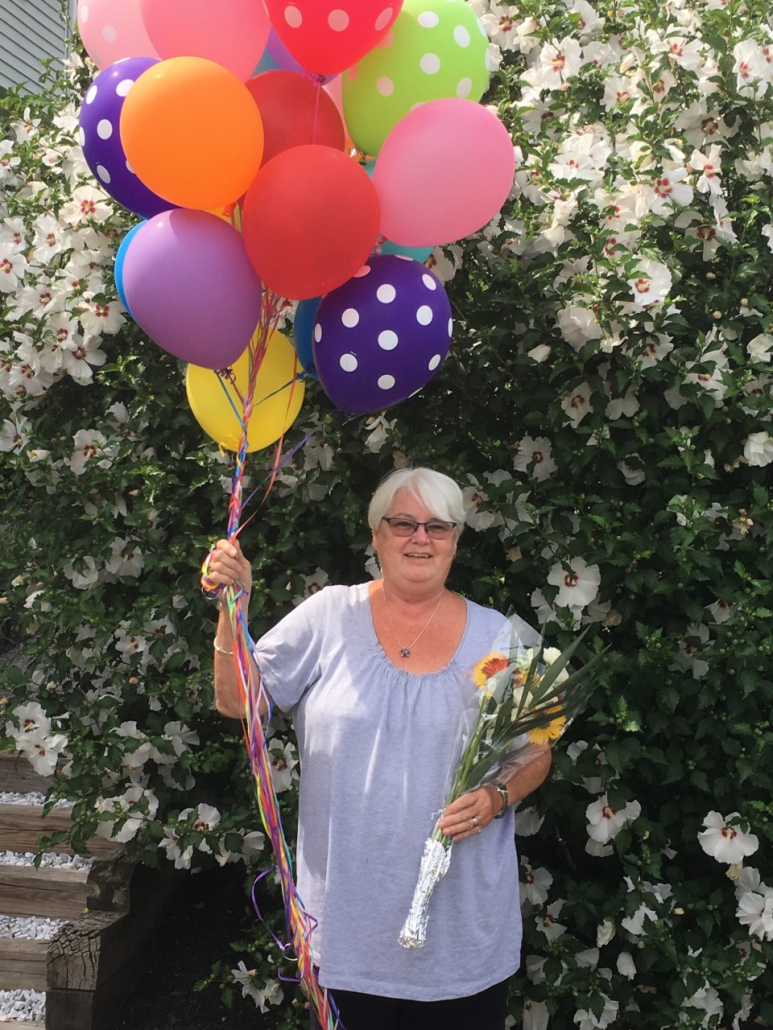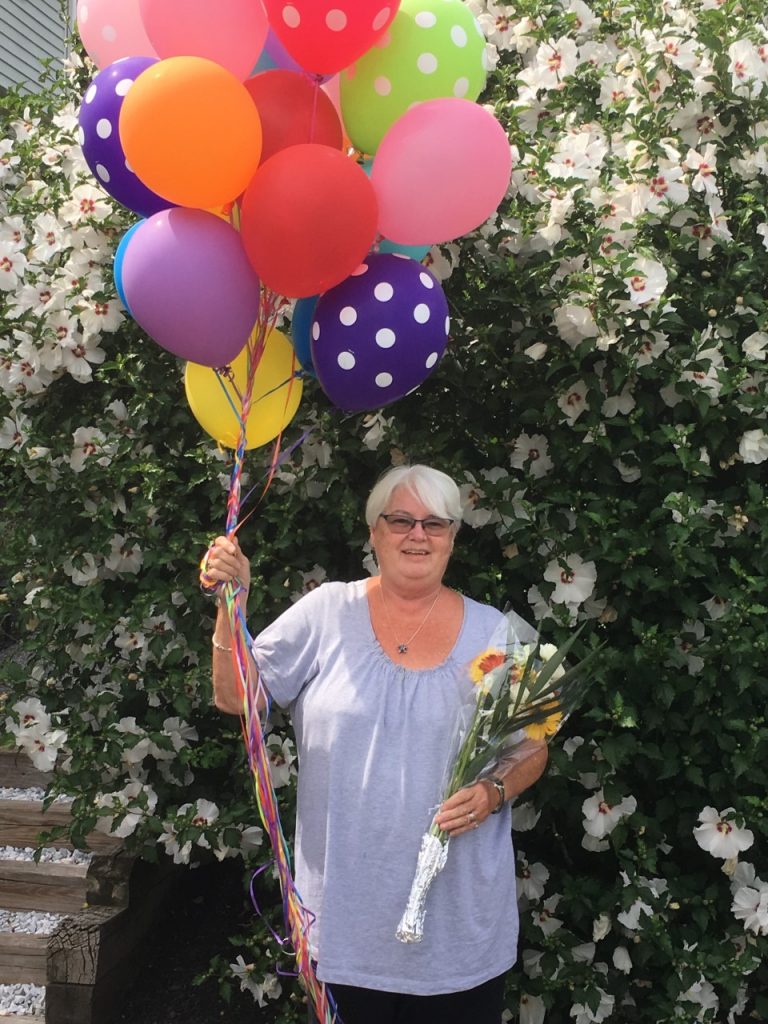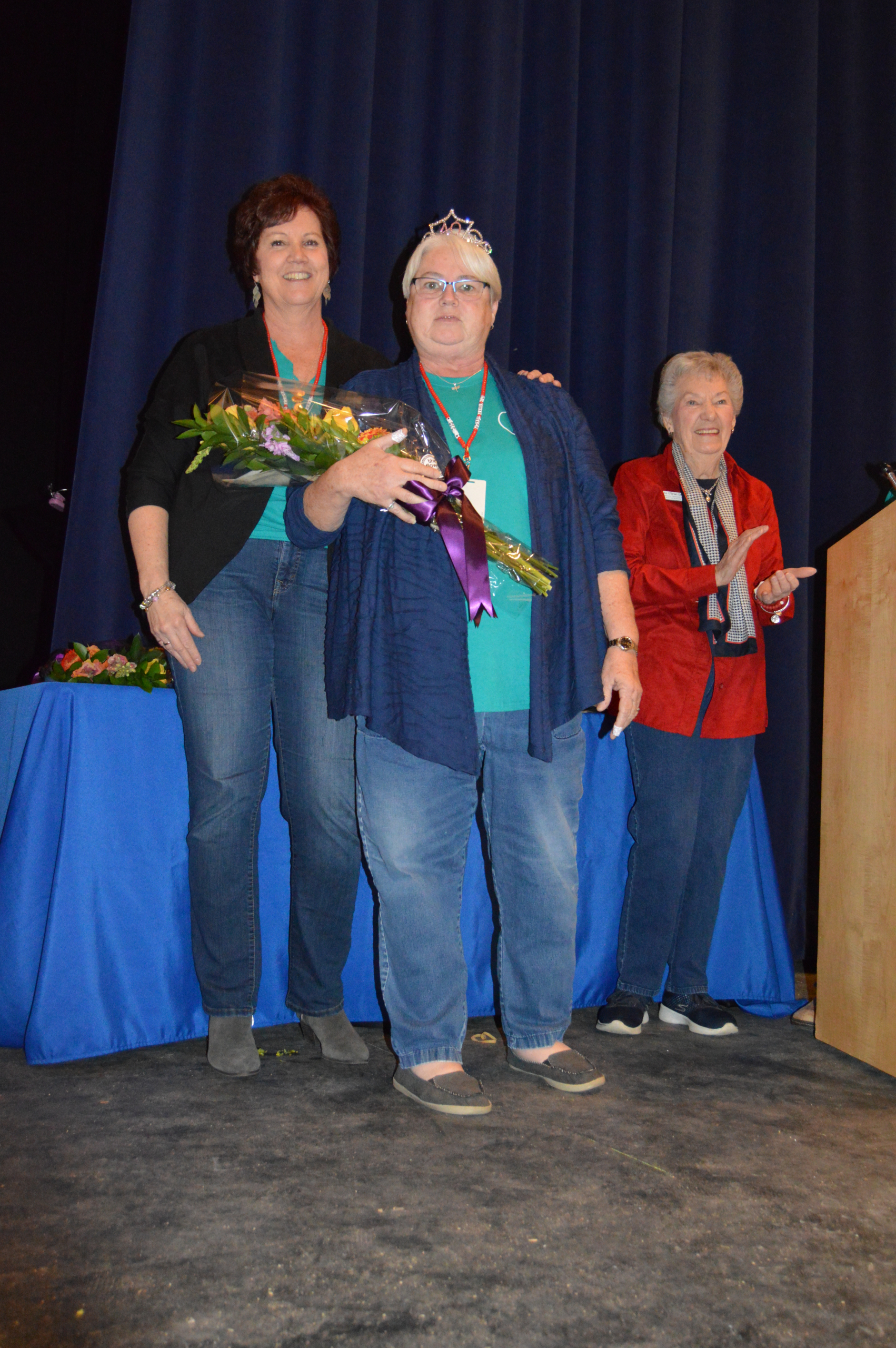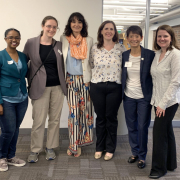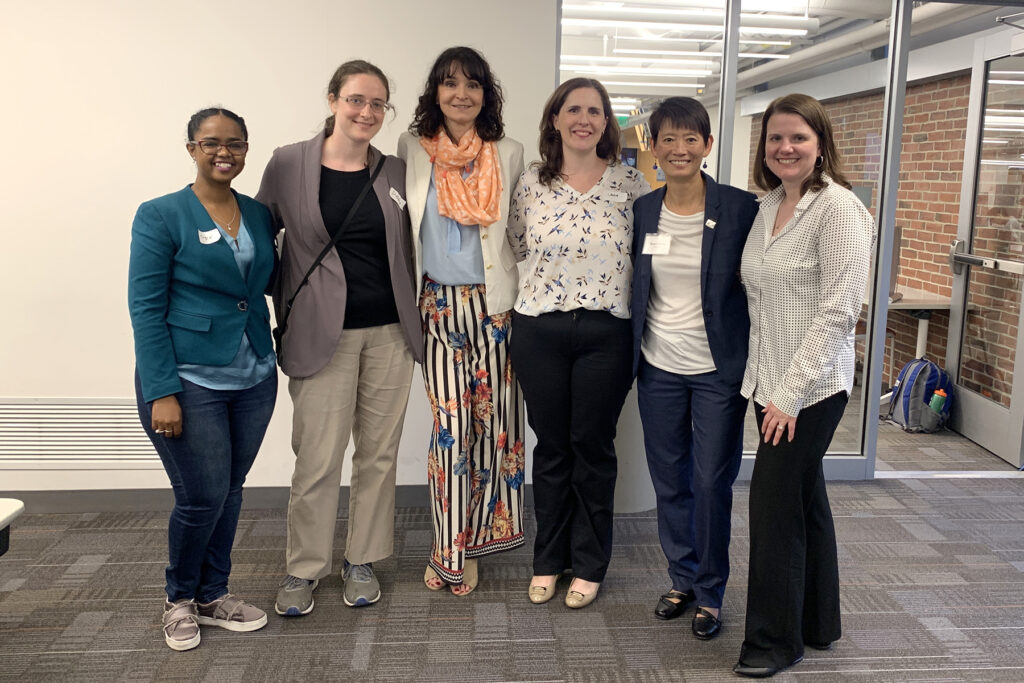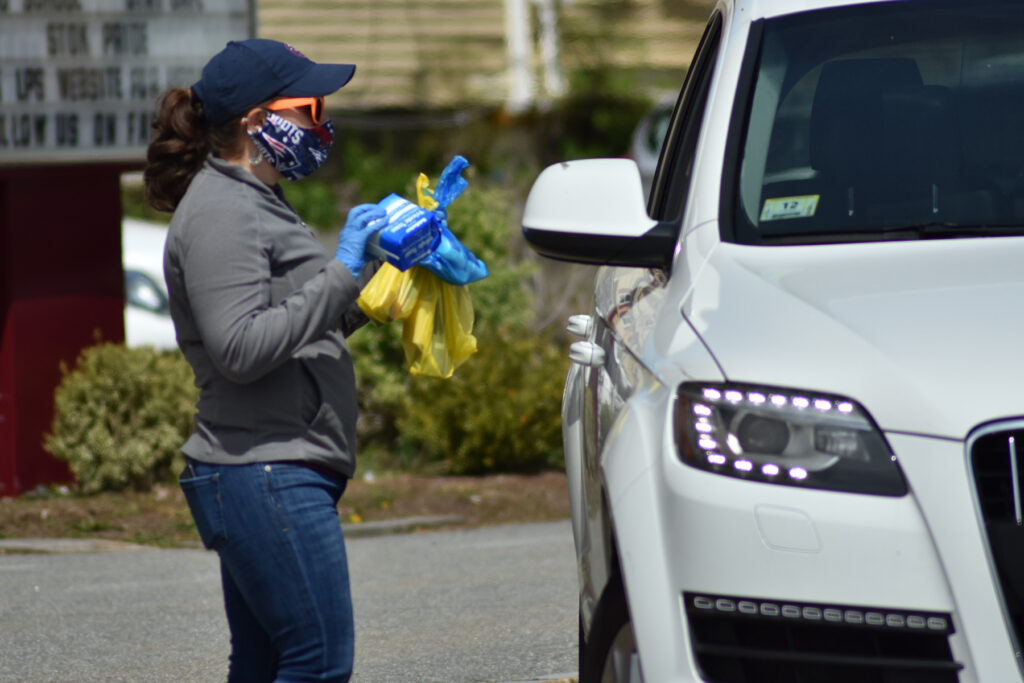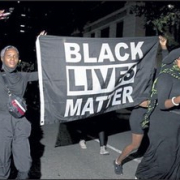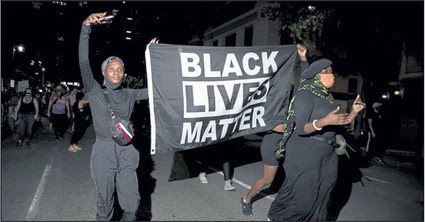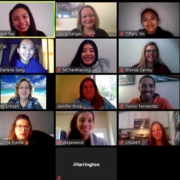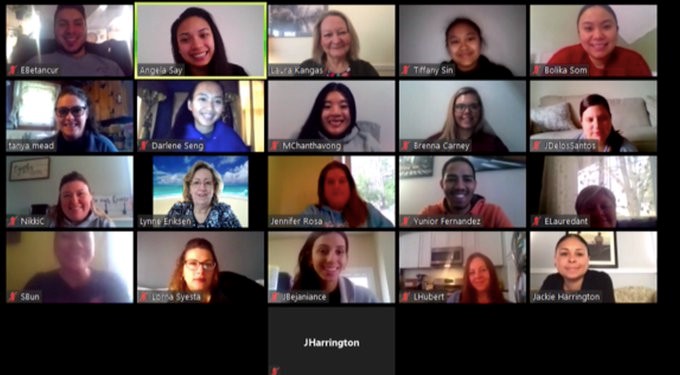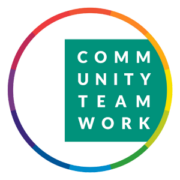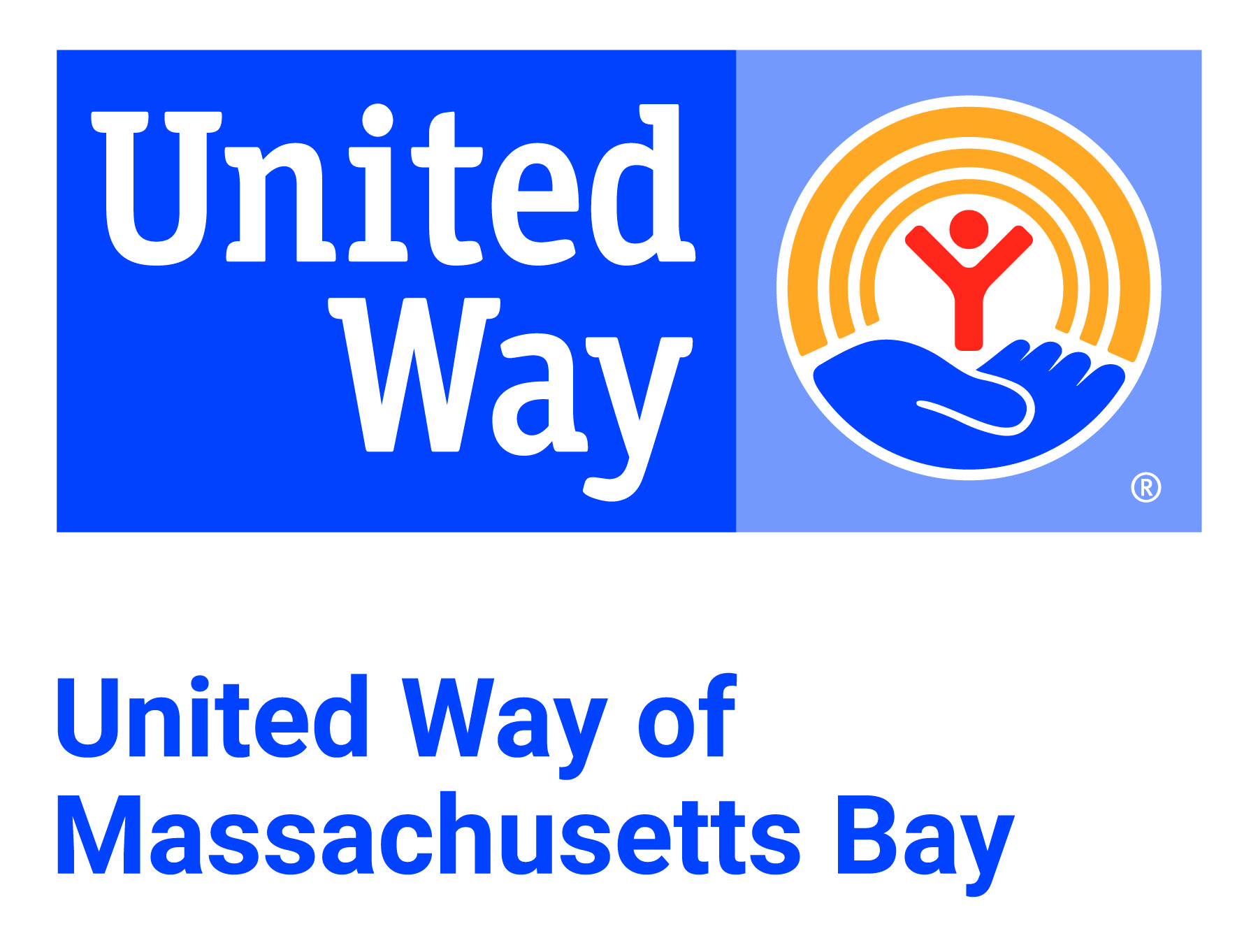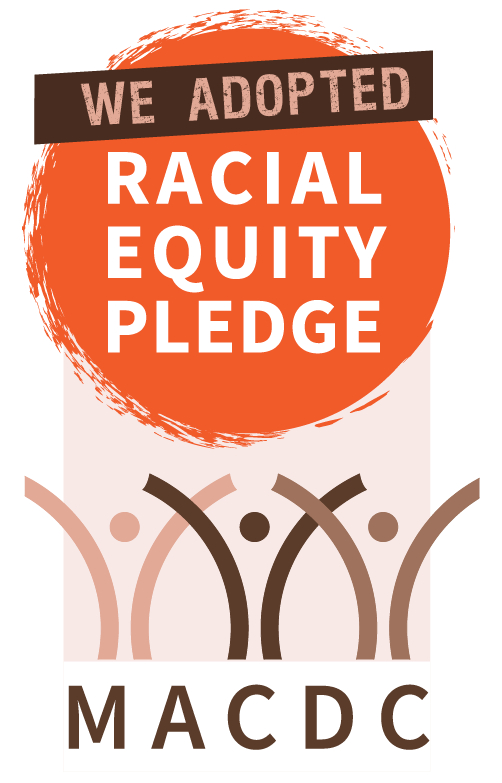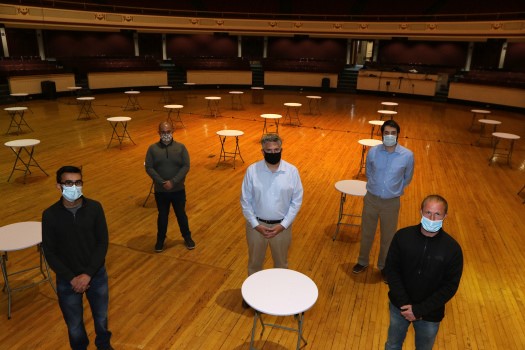
Despite pandemic, Lowell Memorial Auditorium managers optimistic
Lowell Memorial Auditorium management is hoping for a better 2021 season after, or despite, the COVID-19 pandemic. LMG is also in talks with Community Teamwork, Inc., to use the facility for child care during the week.

Lowell Memorial Auditorium management is hoping for a better 2021 season after, or despite, the COVID-19 pandemic. From left, box office manager John Higgins, director of strategy and business development Brandon Caron, general manager Pete Lally, director of marketing Dan Berube, and director of operations Steve Purtell, in the auditorium, where they’ve been experimenting with table set up for 250 people, if that becomes allowed. (SUN/Julia Malakie)
By ALANA MELANSON | amelanson@lowellsun.com | Lowell Sun
PUBLISHED: October 12, 2020 at 9:35 a.m. | UPDATED: October 13, 2020 at 7:40 a.m.
LOWELL — In 2019, Lowell Management Group celebrated a strong first year of managing the Lowell Memorial Auditorium with a number of sold-out shows and performances by big-name entertainers.
Headed into 2020, it appeared nothing would stop that increasing momentum, as it drew countless people to downtown Lowell and helped spur economic activity.
“We were having a tremendous year,” said LMG partner John Chemaly. “It was going to be a banner year for LMG and the auditorium, and the city as well.”
But in March, the coronavirus pandemic hit, stopping that momentum dead in its tracks.
“The rug just got pulled right out,” LMG partner Chris Dick said.

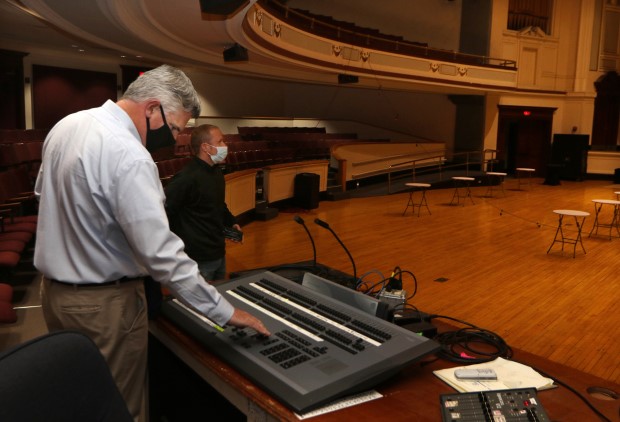
Lowell Memorial Auditorium management is hoping for a better 2021 season after, or despite, the COVID-19 pandemic. General manager Pete Lally in the auditorium, where they’ve been experimenting with table set up for 250 people, if that becomes allowed. (SUN/Julia Malakie)
The last show was held in mid-March, and since then the bookings on the calendar have been pushed further out repeatedly as the pandemic has worn on.
“The business certainly has been affected a lot,” LMG President Pete Lally said. “But artists want to play, agents want to book and venues want to put artists on stages. Everybody is working hard to do it in the time frame we can.”
Lally said the big acts like Jay Leno, Kansas and the Righteous Brothers, who were supposed to come to Lowell this year, will come — eventually. They’ve all been rescheduled for 2021, up to a year beyond their original show dates.
Aside from the ticketed concerts and other shows, the spring normally brings a variety of dance recitals and competitions, proms, graduations and nonprofit events to the auditorium — about 50 of which had to either be canceled or postponed, Lally said.
He said it’s hard to estimate exactly how much revenue LMG has lost during the shutdown. But it certainly has had a big impact, considering it couldn’t hold any shows for most of March through June, normally the busiest months, Lally said.
About 100 part-time staff members and half of LMG’s full-time staff were laid off or furloughed due to the pandemic, Lally said. Chemaly said federal Paycheck Protection Program assistance helped to keep core staff on board. Lally said he hopes gradually to bring back as many employees as possible.
Director of Marketing Dan Berube said the large shows on the schedule were meant to be full-capacity events and will probably not be held until it is safe to hold them as such at the auditorium. But in the meantime, it may be possible to begin with some reduced-capacity events with more local artists, he said.
LMG was encouraged by some recent guidance from the state that some communities may be able to have events with up to 250 people under certain circumstances, Lally said. However, with Lowell still considered a high-risk community, it’s “not quite there yet,” he said.
The auditorium — which can hold up to 2,800 in normal times — offers a lot of flexibility for movable seating and tables that can allow people to keep a safe distance, Lally and Berube said. They’re looking at developing some new programming that uses both indoor and outdoor space, like the Lowell Irish Festival held last September, Lally said.
Berube said booking has been a bit tricky because the business is schedule-dependent. Artists on tour and ticket-holders want to be confident that shows will be held on the scheduled dates and that they’ll feel safe in the venue, he said.
“Any time you talk about holding an event these days, people have a ton of questions. What are the protocols — masks, hand sanitizer? How many people are coming in the building, and how many feet apart are they?” Berube said. “There’s a whole new rulebook that is getting developed that you have to have to do an event these days.”
He and Lally said they’ve done a lot of work around floor plans and crowd flow, including using multiple entrances, directional spacing and assigned restrooms.
LMG is also in talks with Community Teamwork, Inc., to use the facility for child care during the week.
CTI Director of Development and Marketing Kathleen Plath said CTI is grateful that Lally and LMG were “willing to look outside the box and consider this.” She said CTI is still working out the details with LMG, and the licensing and occupancy permitting with the state, which will determine the number of children that could be at the facility.
CTI typically has about 500 children in its day-care programs, including before and after school hours, but due to COVID and social-distancing requirements, the organization was only able to bring back about 80 children in its existing classroom space, Plath said. She said CTI is also in talks with some other entities around the city to try to gain more space in order to bring back all of its child-care clients and help parents get back to work.
For school-age kids in the program during the school day, the venue can also provide reliable internet for students to do remote learning, Plath and Lally said.
Plath said the partnership with the auditorium management could open the door to additional programming, such as theater programs for kids.
Even though there haven’t been shows, LMG has been making some changes behind the scenes that will benefit operations and efficiency when the auditorium is back up and running.
“Just because the lights are out on the stage doesn’t mean they’re out in the offices,” Lally said. “We’re working every day to make sure we can come back as soon as possible and to do that safely.”
That includes new software systems to handle booking and contracting, as well as new filters for the building’s ventilation system to help keep occupants safe, Lally said. He said they’re also evaluating a new cloud-based phone and customer-service system that should help LMG better communicate with customers, and address and track their concerns.
Berube said they are also looking at developing a membership program for those who like not only to attend shows in Lowell but also at other venues around the region that are managed by LMG’s sister company, Spectacle Management.
Chemaly said they’re thankful many sponsors, like Jeanne D’Arc Credit Union, are sticking with them through the whole thing.
“As they say, the show must go on, and we’ll be going after it in 2021,” Dick said.
Alana Melanson | Multimedia journalist
Alana Melanson is a regional general assignment reporter who has been with The Sun since September 2014. Before that, she spent three years covering Fitchburg at The Sun’s sister paper, the Sentinel & Enterprise. A Worcester-area native and graduate of UMass Amherst, Alana enjoys live music, traveling and making jewelry.
